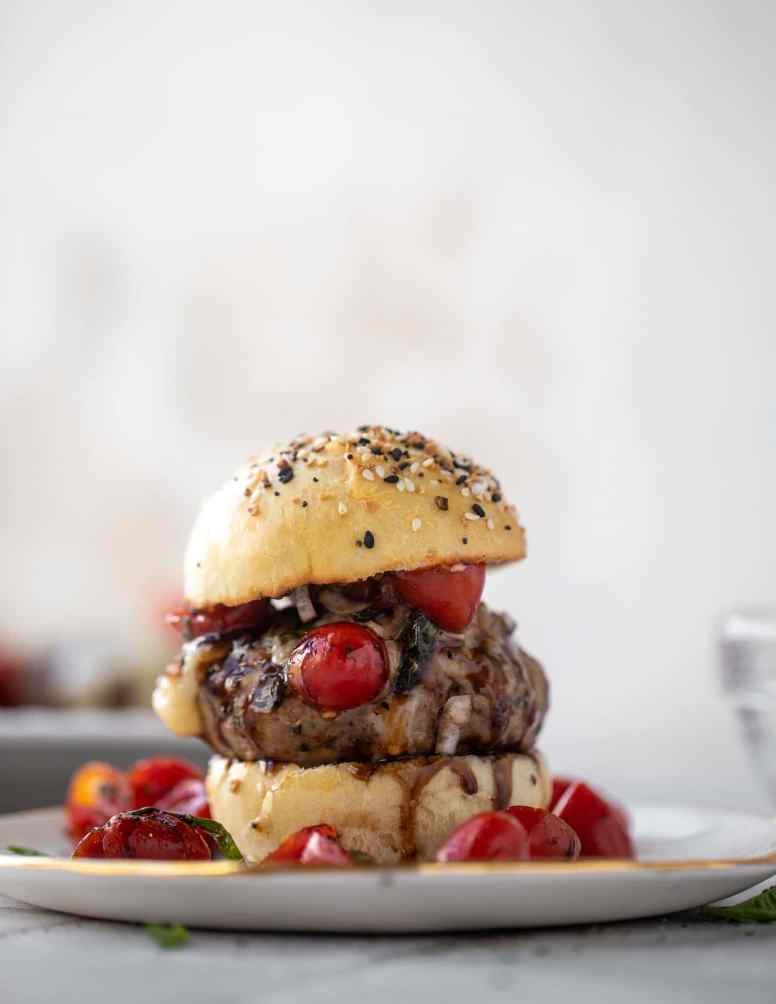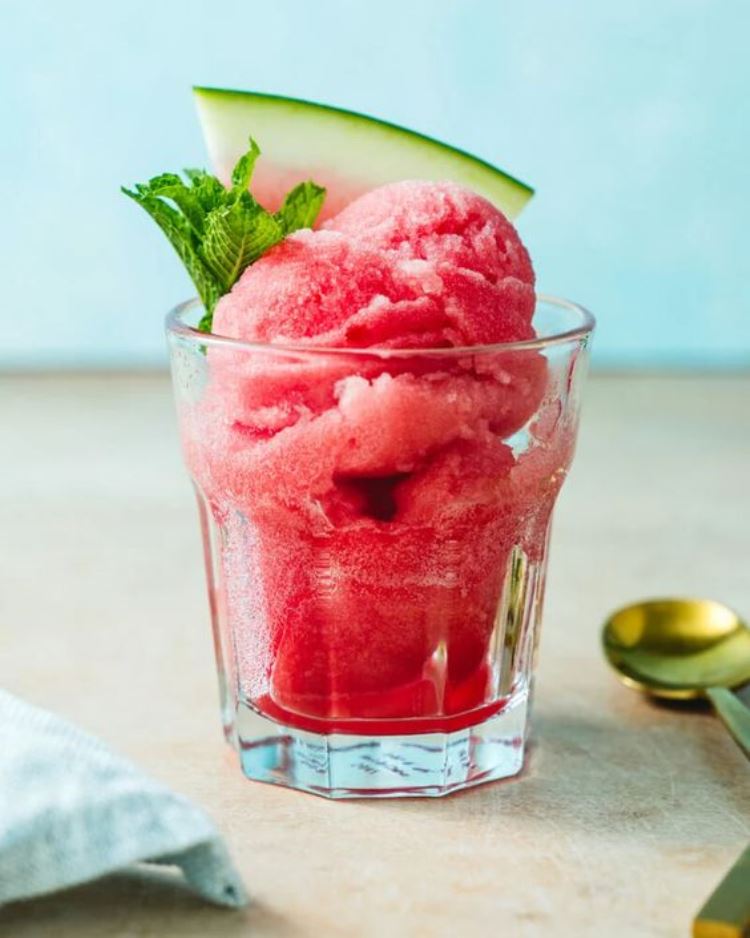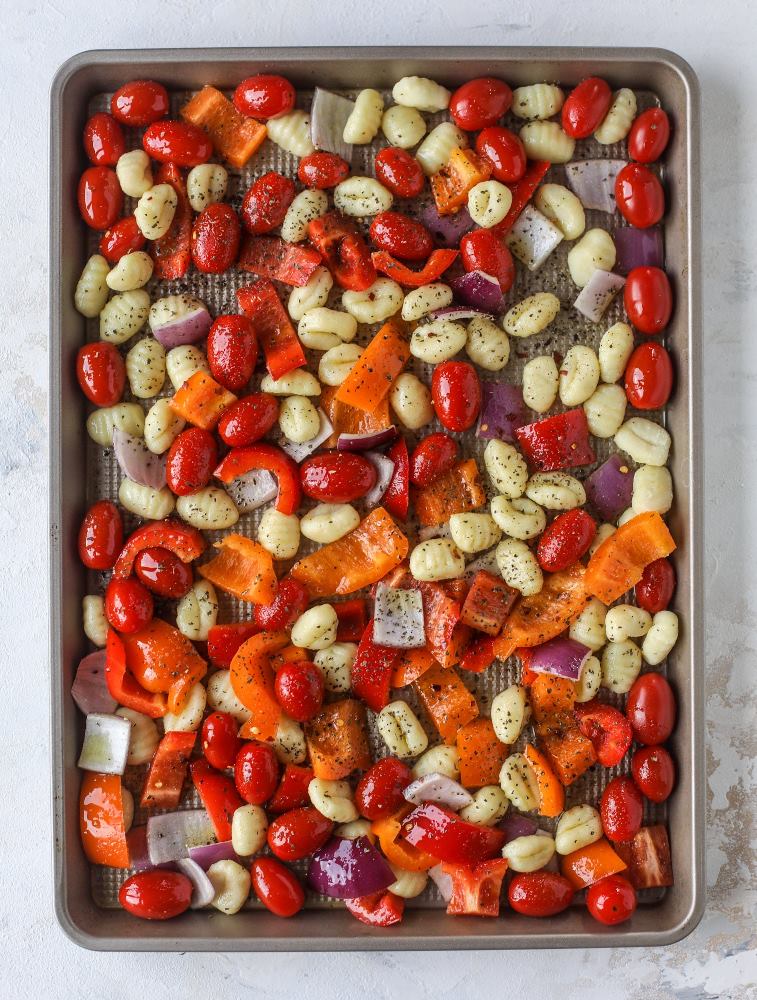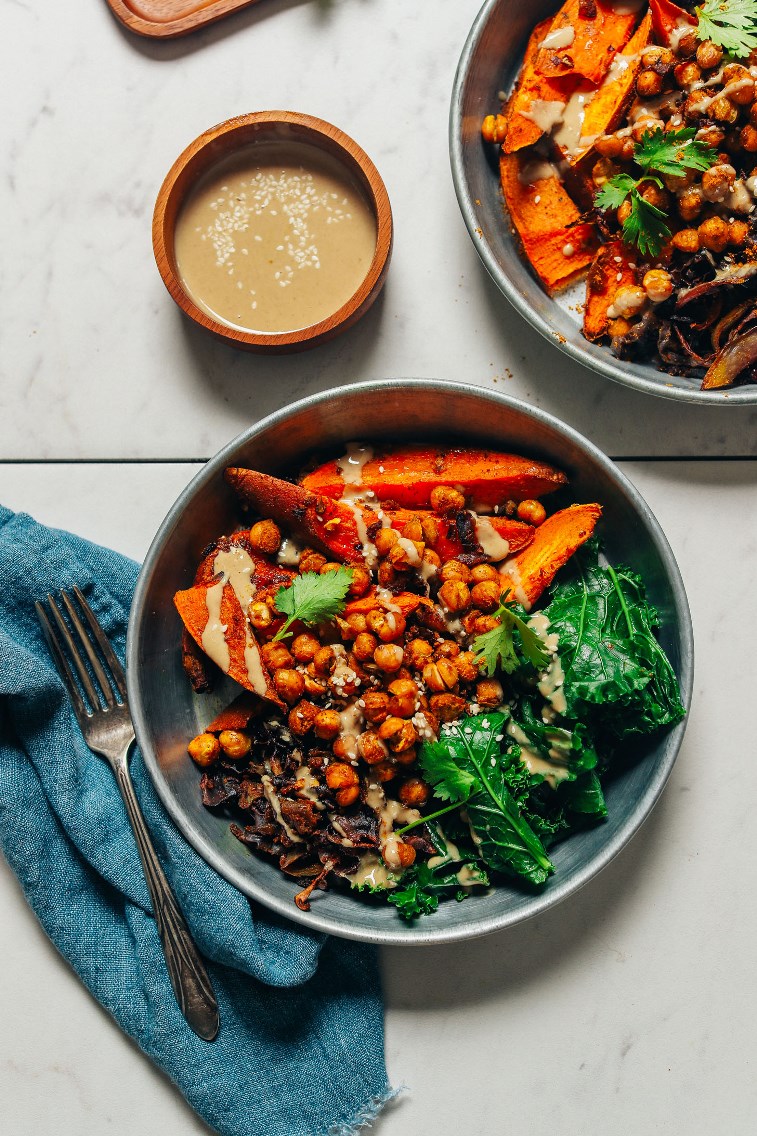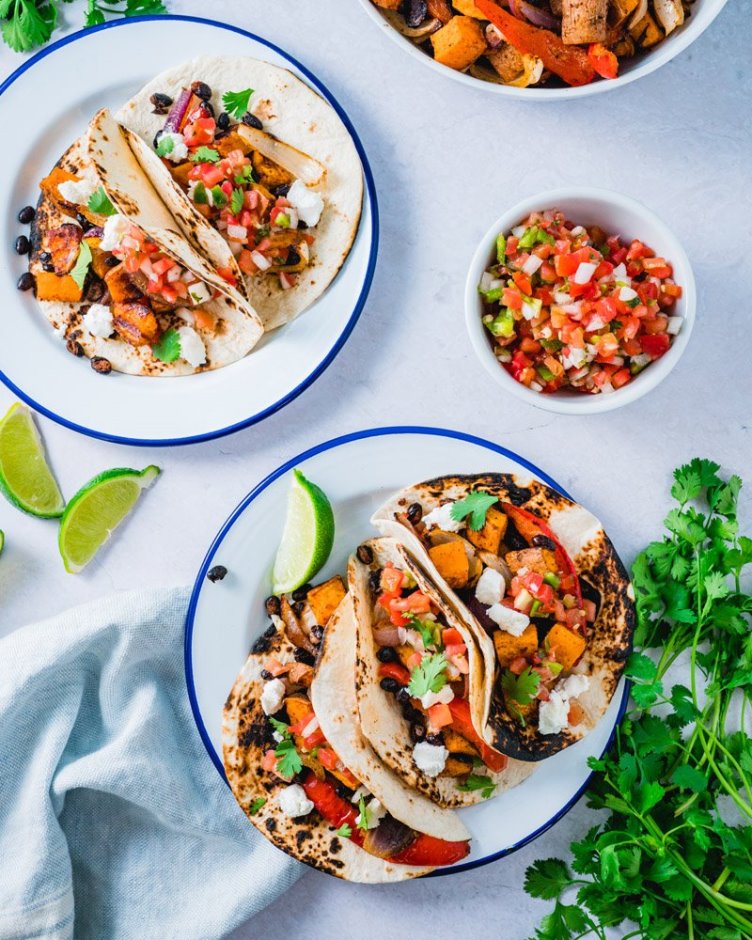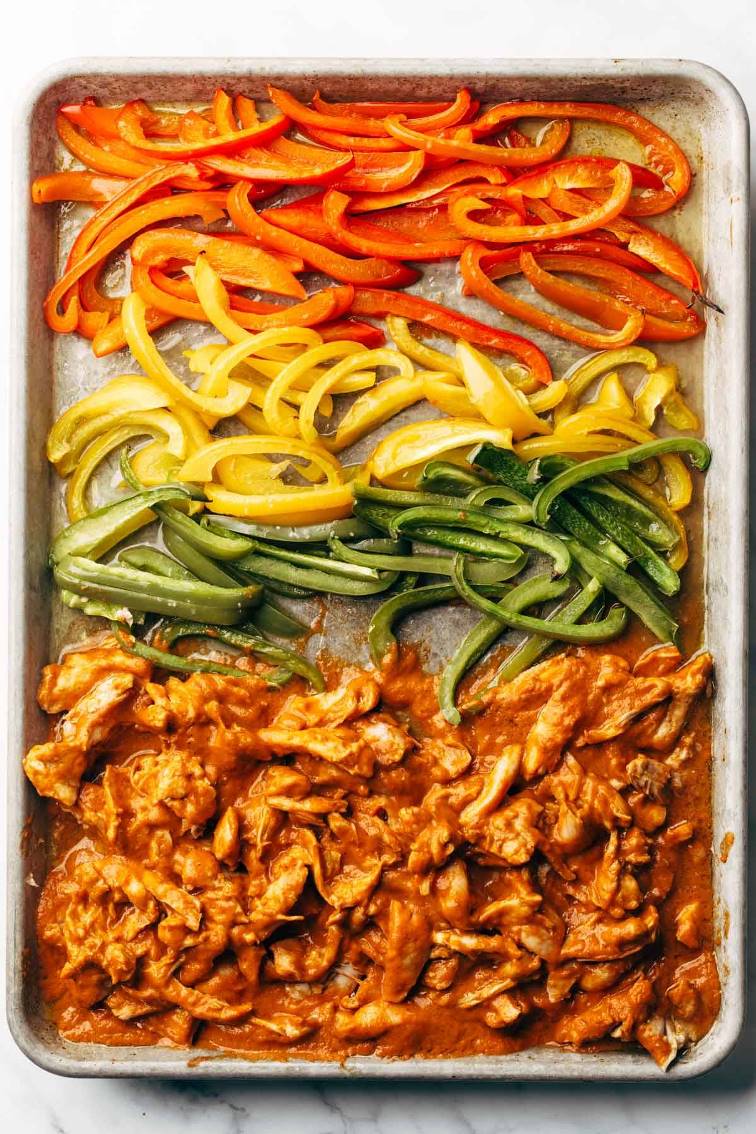Tips for Transitioning to a Biblically Clean Diet
The Ultimate List of Biblically Clean Recipes
This page serves as a landing point for all sorts of Biblically clean recipes. Whether you're new to cooking in the way that Scripture tells us to, or you just need some fresh inspiration for meals, turn in here for links to Biblically clean breakfast, lunch, dinner, and snack recipes.
Are you new to Biblically clean eating? Essentially, it's following Scripture's instructions about what we do and don't eat. You can learn more about it here.
A couple of things...
-The recipes I share here are mostly from other blogs. I'm not necessarily recommending everything else on those websites, but the specific recipes I give links to (and anywhere else on Land of Honey) meet the criteria for Biblically clean food.
-I try and stick to recipes that are made from real, whole, healthy ingredients. While you don't have to eat ultra healthy to have a Biblically clean diet, I do think it's wise to have the majority of our diets be foods that the Living God created, which promotes health in our bodies.
-For the most part these recipes are simple and straightforward and totally doable for any old weeknight. I try to find dishes that don't require a huge investment of time or money to make, so you can feed yourself and your family Biblically clean meals throughout busy seasons.
-I don't believe the Bible forbids mixing meat and dairy. See more on that here. That said, in the few recipes I share that mix red meat with cream or cheese, it would be easy to leave out one ingredient or the other, or to make a substitution such as ground turkey for beef, or olive oil for butter, if you prefer.
-A lot of people will tell you that only veganism is truly Biblically clean, but this idea is simply not supported by Scripture. While you could certainly make an argument that Adam and Eve's original diet was plant based and free of animal products, the Bible also tells us which animals are permissible to eat, and the Messiah describes eggs as good things and served fish to the disciples after he rose from the grave. If you want to have a vegan diet, go for it, but it's not accurate to say that the Bible requires this of believers.
Below is the list of Biblically clean recipe compilations that have been shared on Land of Honey. As more are published, the list will be updated.
Master List of Biblically Clean Recipes:
Slow Cooker Recipes that are Biblically Clean
Biblically Clean Sheet Pan Meals
Recipes for Biblically Clean Chinese Food
Biblically Clean Meal Ideas
Biblically Clean Summer Recipes
Summer brings warm weather, lovely days spent outside, and great seasonal produce. I wanted to share Biblically clean recipes that put those garden vegetables and fresh fruits to use. A lot of these recipes utilize the grill or leave ingredients raw so that helps to minimize the time you need to spend in a hot kitchen. Lots of these would work well to take to a cookout or for Sabbath meals too.
BBQ Chicken Ranch Pasta Salad from Half Baked Harvest
Vibrant Bell Pepper and Zucchini Tacos from Minimalist Baker
Quick Hummus Bowl from A Couple Cooks
Strawberry Shortcake from Love and Lemons
Blueberry Cucumber Summer Salad from How Sweet Eats
Farmers Market Goat Cheese Pasta Primavera from Half Baked Harvest
Cheesy Bruschetta Chicken Burgers from How Sweet Eats
Zippy Orzo Chicken Salad from Pinch of Yum
Tomato, Peach, and Burrata Salad from Half Baked Harvest
Cheeseburger Chopped Salad with Dill Pickle Vinaigrette from How Sweet Eats
Watermelon Slushie from A Couple Cooks
Salmon Souvlaki Bowls from Half Baked Harvest
Boiled Corn on the Cob from Love and Lemons
Buffalo Zucchini Chicken Burgers from Ambitious Kitchen
Rainbow Veggie Bowls with Jalapeno Ranch from Pinch of Yum
Browned Butter Grilled Peaches from Half Baked Harvest
Greek Salad from A Couple Cooks
Cold Soba Noodle Salad with Spicy Peanut Sauce from Salt and Lavender
Market Veggie Board with Roasted Corn Jalapeno Hummus from Half Baked Harvest
Sweet Corn, Peach, and Tomato Salad from How Sweet Eats
Skillet Strawberry Cobbler with Layered Cream Cheese Biscuits from Half Baked Harvest
Rainbow Chicken Salad with Almond Honey Mustard Dressing from Pinch of Yum
Ratatouille from Love and Lemons
One Pot Greek Oregano Chicken with Orzo and Tomatoes from Half Baked Harvest
Chocolate Zucchini Bread from Love and Lemons
Watermelon Sorbet from A Couple Cooks
Related posts:
Eating Biblically Clean at Summer Cookouts
What the Bible Says About Meat and Dairy
Brands of Biblically Clean Marshmallows
What the Bible Says about Meat and Dairy (And if They Can Be Mixed)
This post examines the directive from Exodus 23:19, Exodus 34:26, and Deuteronomy 14:21 about not cooking a goat in the milk of its mother. We will examine this instruction to see what it means and learn about whether or not it's okay Biblically to eat milk and meat together.
Meat and dairy. Should they be eaten together? People seem to have strong opinions about this. Some say you can, while others say they shouldn't even share a kitchen - let alone be served in the same meal. I have seen people get upset that that both meat and cheese were offered on the build-your-own-sandwich lunch buffet at conferences. There are books on this. Sometimes people message me to say that I shouldn't have liked that picture some blogger posted on Instagram because it contained both chicken and butter.
For all this commotion you would expect the Bible to have a lot to say on this subject. But here's what it says:
"Do not cook a young goat in its mother's milk." -Exodus 23:19b
That's it. Some people will tell you that this was God's way of saying that you can't eat meat and dairy together, or even store them in the same refrigerator. Or eat one within hours of having the other. How did we go from a somewhat random instruction to people being worried about storing leftover chicken in the same fridge as a gallon of milk?
Regarding the other laws around food, the Bible is very direct. "You shall not eat," "this is permissible to you," "get rid of the leaven from your homes for one week." So I'm not inclined to believe that the command to not cook a goat in the milk of its mother should be extrapolated and expanded to the point where no meat ever crosses paths with any dairy products. YHWH could have commanded that goat not be cooked in any milk, period. He could have said not to cook meat of any kind in milk. He could have said to eat either meat or dairy, but not both. But he didn't!
Right off the bat, the specification of "its mother's" milk means that nondairy animals can be cooked or served with butter, cheese, cream, etc. Chicken, turkey, and other poultry (as well as fish) do not produce milk, so there is no way to violate the Biblical commandment of not cooking an animal in the milk of its mother. This means you can feel free to enjoy chicken alfredo or a turkey cheese sandwich.
Then the specification of "milk" means that eggs aren't in question here. This means that eggs can be freely mixed with meat. So dishes like steak and eggs, or fried chicken with egg in the batter are clean according to Scripture.
The word translated as young goat or kid is gedi. While the Bible often uses the word se which can mean sheep, cattle, lamb, or ewe, the word gedi is only used to mean a young male goat. That's an important distinction. Many people will tell you that this verse is talking about all Biblically clean animals, or at least the red meat ones, such as beef, lamb, bison, venison, etc. But since the Holy Spirit inspired the word choice of gedi - which would mean just kid goats - when it doesn't hesitate to use a more general word for clean animals in other places, I am led to believe that this passage is only prohibiting goat from being cooked in the milk of its mother. This would mean that it is Biblically permissible to mix beef and lamb and other clean animals with dairy. So cheeseburgers, or serving lamb or roast beef with buttery mashed potatoes would be considered Biblically clean.
So what does the Bible mean by telling us not to cook a young goat in its mother's milk then?
Many Biblical scholars believe this specific act was prohibited because it was a worship practice of other religions or an ungodly cultural custom. The preceding part of the verse and the verse prior to that detail instructions related to offerings brought to YHWH. So I think this theory makes sense, as elsewhere we are told "not to worship YHWH the way those nations worship their gods" (Deuteronomy 12:4). If boiling goat meat in its mother's milk was happening in worship to other gods, that would also fit with why the Bible orders the sacrificial lamb (which could also be goat) at Passover to be roasted with fire, and expressly prohibits it being boiled (Exodus 12:9). Perhaps YHWH wanted to be sure that the practices of the Israelites were distinctly different from that of the people around them.
We should also keep in mind the broader context that this instruction was given in. The passages leading up to this, starting in Exodus 23:10, talk about instructions for the Sabbath, and then details about the Biblical holidays. I don't think it's an accident that these things deal with living in a way that's set apart and different from the surrounding society. Regardless of whether we understand the reasoning behind this instruction or not, we should be obedient to what the Bible says. Under no circumstances should we boil a young goat in the milk of its mother, simply because Scripture tells us not to.
We also should not add to what this verse says. Its says not to cook a goat in its mother's milk. It does not say that no meat and dairy can be cooked or eaten together. You certainly don't have to mix meat and dairy if you don't want to, but please keep in mind that this is not a prohibition from the Bible.
Like always I would encourage you to study this passage for yourself and pray for YHWH's wisdom and understanding.
Related posts:
What is Biblically Clean Eating?
What Scripture Says Not to Eat
Understanding 1 Corinthians 10:27
Biblically Clean Sheet Pan Meals
In The No-Stress Guide to Sabbath Meal Prep, I mention how sheet pan meals are great to make right before the Sabbath, but really I love these for anytime you don't have much attention or time to put into making dinner, but still want a healthy and delicious meal. Simply place all your ingredients onto a baking sheet and let it roast in the oven! The cleanup is minimal, and your hands and attention are free for other things during the cooking. These recipes are simple, easily adaptable, and made from whole, real ingredients.
A few pointers for easy sheet pan meals:
-Don't hesitate to use an extra sheet if the recipe makes more than you expected, or you just want a double batch for leftovers.
-Instead of just using chicken breast or thighs, feel free to swap in a whole quartered/chopped chicken. This can save money or be easier for those who eat locally.
-Bake some rice. If you're looking to round out your meal, put some rice in the oven to bake while you're at it. Here's a recipe for making brown rice in the oven. Personally, I don't bother bringing the water to a boil and I just use a pan with a glass lid instead of foil. It takes a bit longer but turns out well for me.
Roasted Harissa Chicken and Potatoes from This Healthy Table
Sheet Pan Gnocchi with Roasted Vegetables from How Sweet Eats
Garlic Ginger Chicken with Broccoli from Pinch of Yum
Curried Sweet Potato Chickpeas from Minimalist Baker
Greek Sheet Pan Chicken Souvlaki from Half Baked Harvest
Salmon and Asparagus from A Couple Cooks
Kung Pao Cauliflower from How Sweet Eats
15 Minute Kale and Egg Bake from Healthy Nibbles
Nacho Chicken from How Sweet Eats
Sheet Pan Sweet Potato Tacos from A Couple Cooks
Mediterranean Salmon from This Healthy Table
Poblano Chicken Fajitas from Half Baked Harvest
Sheet Pan Cauliflower Curry from A Beautiful Plate
Sheet Pan Chicken Tinga from Pinch of Yum
Easy Veggie Sheet Pan Dinner from A Couple Cooks
Sheet Pan Cashew Chicken from How Sweet Eats
Sheet Pan Salmon from This Healthy Table
Other Biblically clean recipes:
Biblically Clean Tacos
Chinese Food Recipes that are Biblically Clean
Biblically Clean Soups
Upcoming Biblical Holiday Dates 2026
Here's When the Biblical Holidays Happen in 2026
This is when the Biblical holidays happen in 2026. If you're looking for this year's dates for Passover, Unleavened Bread, First Fru...












